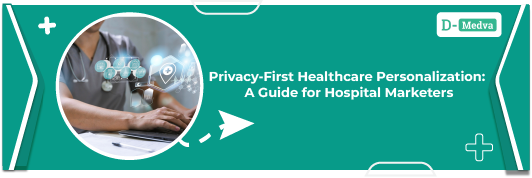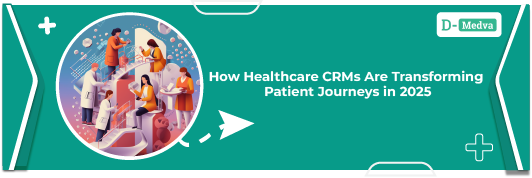Redefining Pharma–Hospital Engagement in a Post-UCPMP India
India’s Pharma Reset: Why UCPMP Is Changing Hospital Partnerships for Good India’s healthcare landscape is undergoing a major course correction. For decades, pharma–hospital engagement relied on handshakes, incentives and informal influence. But with the government pushing to enforce the once-voluntary UCPMP guidelines, that old playbook is being torn up. The result? A new era where transparency isn’t a buzzword—it’s a baseline expectation. The Uniform Code for Pharmaceutical Marketing Practices (UCPMP) aims to end the shadowy side of drug promotion by enforcing ethical standards, curbing freebies and focusing on evidence-based engagement. As hospitals and pharma reps adjust to this shift, patients stand to benefit from care decisions driven by data, not deals. What comes next is a high-stakes transition—and a real opportunity to rebuild trust in India’s healthcare system. What are the UCPMP guidelines and why are they critical now? How are hospitals responding to the new regulatory landscape? Hospitals are now faced with the task of restructuring how they engage with pharma representatives and this involves both policy and practice. First, many hospital administrations are revisiting their internal codes of conduct. Compliance teams are being strengthened and more transparent processes are being implemented to oversee interactions between clinicians and medical representatives. Second, procurement teams are now prioritising objective metrics such as therapeutic value, cost-effectiveness and patient outcomes over personal relationships or marketing incentives. This is a welcome change, aligning hospitals more closely with the broader goals of quality care and rational drug use. It’s also important to understand that hospitals must now align with broader governance frameworks. Though the UCPMP guidelines apply directly to pharma companies, hospitals are indirectly accountable through the behaviour of their staff and affiliates. The absence of a centralised regulatory body for hospitals in India complicates things. Healthcare in India is governed by a mix of state medical councils, the Clinical Establishments Act and the National Accreditation Board for Hospitals & Healthcare Providers (NABH). While there’s no single authority regulating every hospital, the collective pressure from these bodies is nudging institutions toward self-regulation and stricter adherence to ethical norms. What does ethical pharmaceutical marketing look like in this new era? The age of unchecked promotions and physician perks is drawing to a close. In its place, a more responsible and transparent approach to ethical pharmaceutical marketing is taking root. Instead of trying to influence doctors through incentives, pharmaceutical companies are now focusing on: This shift doesn’t mean pharma engagement will disappear; it means it will evolve into something more collaborative, data-driven and educational. Patients, too, are becoming more informed. With easy access to online medical information and reviews, they expect treatments based on clinical merit, not influenced by behind-the-scenes promotions. In this context, ethical pharmaceutical marketing serves not only to build relationships with healthcare providers but also to foster credibility with patients. Companies that embrace this approach will not just comply with the UCPMP guidelines, but also lead the future of responsible healthcare marketing in India. How can hospitals and pharma collaborate without crossing ethical lines? While regulations have set new boundaries, collaboration between pharma and hospitals is still vital for innovation, drug delivery and medical advancement. The key is to redesign these partnerships with ethics at the core. Hospitals should establish clear engagement protocols. This includes defined time slots for rep visits, disclosure of any financial arrangements and mandatory documentation of all promotional interactions. Internal training programmes can also help staff understand where ethical lines are drawn and how to respond to non-compliant behaviour. Pharma companies, on their part, must invest in training their salesforce on ethical conduct, especially when interacting with hospital stakeholders. Sales targets should not compromise medical ethics. There’s also a growing opportunity to use technology to manage transparency. Digital platforms can track interactions, approvals and content shared between pharma reps and hospital staff, creating an auditable trail that reduces risk for both sides. Ultimately, it’s about trust. Trust between pharma companies and hospitals, between doctors and patients and between the health system and society at large. What does the future hold for pharma–hospital engagement in India? Want to build a future-ready pharma engagement model? Get Your Pharma Compliance Audit TodayWorried about your organisation’s alignment with the latest UCPMP guidelines? Our experts will review your sales, marketing and engagement processes to ensure full compliance. Discover Ethical Marketing Strategies That WorkDownload our white paper on ethical pharmaceutical marketing in a digital-first world. Learn how leading pharma brands are building trust through education, data and value-driven content. Collaborate with India’s Healthcare LeadersLet’s co-create ethical engagement models with hospitals, regardless of the regulatory body for hospitals in India. Partner with us to design frameworks that support compliance and trust in the post-UCPMP era.










